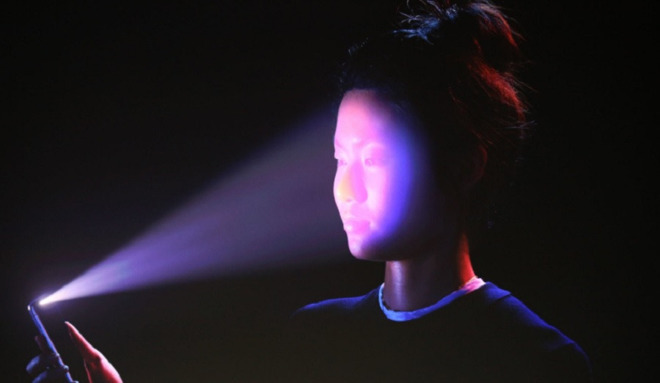The incident occurred on Aug. 10, when the FBI searched the house of Grant Michalski in Columbus, Ohio during a child abuse investigation, Forbes reported on Sunday, citing court documents. Special agent David Knight ordered Michalski to face the iPhone, triggering Face ID.
Michalski was ultimately charged with receiving and possessing child pornography. The search uncovered related Kik conversations, including a chat with someone who was really an undercover officer.
Only some data was obtained from the iPhone however as the FBI didn't have Michalski's passcode, which put up roadblocks for forensic tools after the device had been locked for more than an hour. Knight noted he wasn't able to document things like app use or deleted files, but added that he'd discovered that the Columbus Police Department and the Ohio Bureau of Investigation have "technological devices that are capable of obtaining forensic extractions from locked iPhones without the passcode," presumably referring to hardware offered by Cellebrite and/or Grayshift.
A lawyer for Michalski, Steven Nolder, told Forbes that the FBI turned to Cellebrite, but has so far failed to get anything useful. He also commented that police are now using boilerplate language in warrants to cover Face ID.
Mandatory Touch ID unlocks have been happening for years, even being used on corpses. Though controversial the practice is currently legal, and sometimes claimed to be necessary by U.S. law enforcement since suspects can't be forced to turn over their passcodes. Conventional forensic tools are often defeated by the full-disk encryption and other security measures in iOS.
Cellebrite and Grayshift recently scored major contracts with the U.S. Secret Service, valued at $780,000 and $484,000, respectively. Grayshift also picked up a $384,000 deal with Immigration Customs Enforcement.
Read the original article on appleinsider.com.
More about:
















































